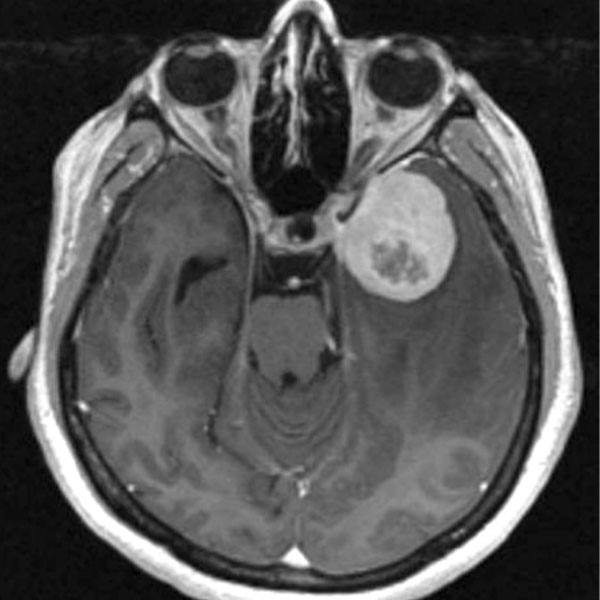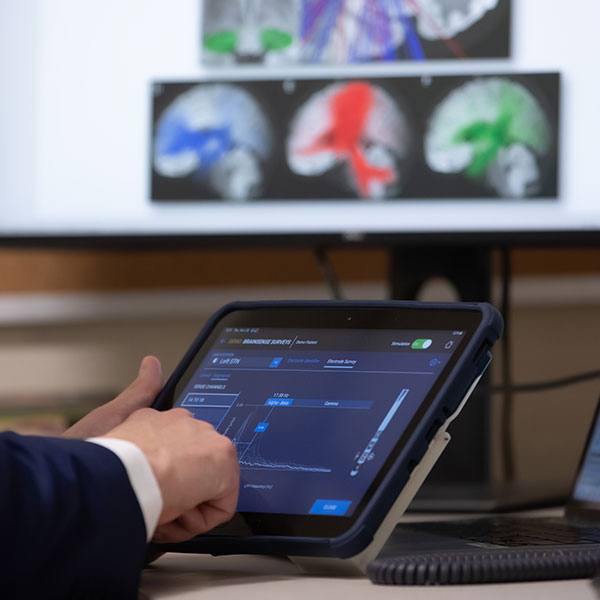-
Mayo Clinic Calls for Standardization of Safe Imaging Protocols for Children
ROCHESTER, Minn. — The benefits of medical imaging far outweigh the risks when children receive The Right Exam, ordered The Right Way, with The Right Radiation Dose. However, overuse and misuse of imaging change the benefit-risk ratio and Mayo Clinic is leading a collaborative effort to ensure a national protocol is put into action. The commentary, published online in the Journal of Patient Safety, calls for the American College of Radiology, the Joint Commission, the Intersociety Accreditation Commission, and the Centers for Medicare & Medicaid Services to require three safety practices for accreditation of all American hospitals and advanced diagnostic imaging facilities. “No hospital or medical imaging facility in the country should be granted the privilege of imaging children unless it first meets fundamental safe practice performance measures,” says Stephen Swensen, M.D., lead author and radiologist, Mayo Clinic.
Sound bites with Dr. Swensen are available in downloads.
By design, the three, child-centered measures proposed for accreditation that align perfectly with the National Quality Forum Safe Practice for Pediatric Imaging include:
- The Right Exam - minor head trauma imaging: use of the Pediatric Emergency Care Applied Research Network Clinical Prediction Rule
- The Right Way - protocols to reduce dual-phase head and chest CT imaging
- The Right Radiation Dose - use of size-specific pediatric CT imaging protocols
Randall Flick, M.D., Medical Director for Mayo Clinic Children’s Center adds, "Establishing these protocols represents a great step forward on the path to safe imaging for children.”
“We have the knowledge and the tools today that can substantially improve the safety and quality of care for our children (while also decreasing costs). We have a compelling opportunity to reduce harm for the most susceptible population: our children,”Dr. Swensen concludes.
###
About Mayo Clinic Recognizing 150 years of serving humanity in 2014, Mayo Clinic is a nonprofit worldwide leader in medical care, research and education for people from all walks of life. For more information, visit 150years.mayoclinic.org, http://www.mayoclinic.org/ and newsnetwork.mayoclinic.org.
MEDIA CONTACT:
Rebecca Eisenman, Mayo Clinic Public Affairs, 507-284-5005, newsbureau@mayo.edu







